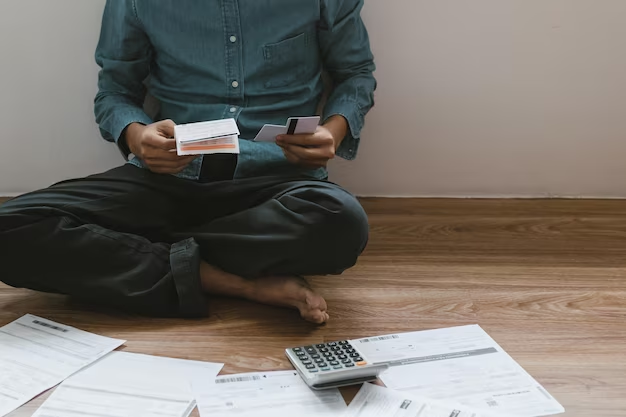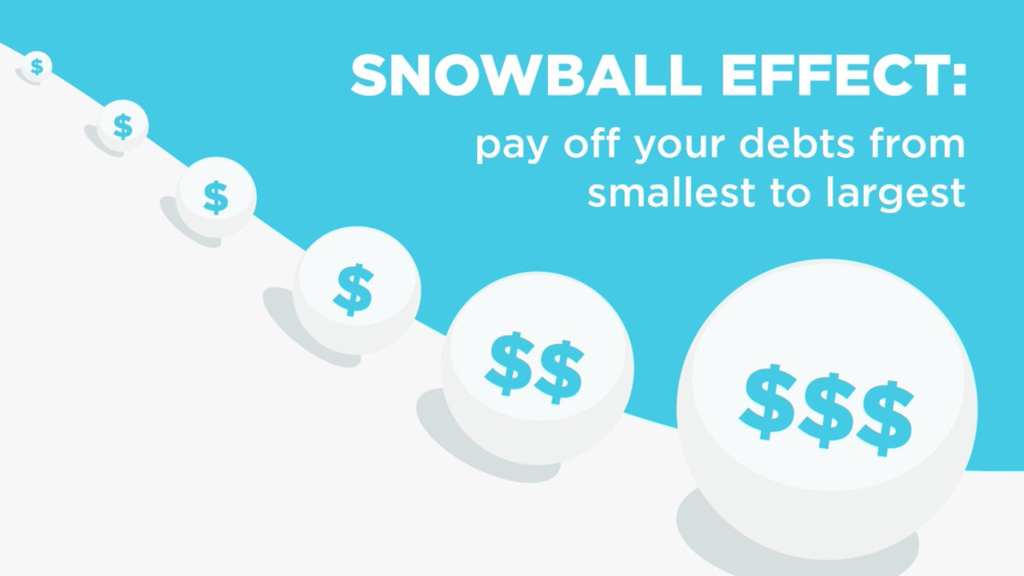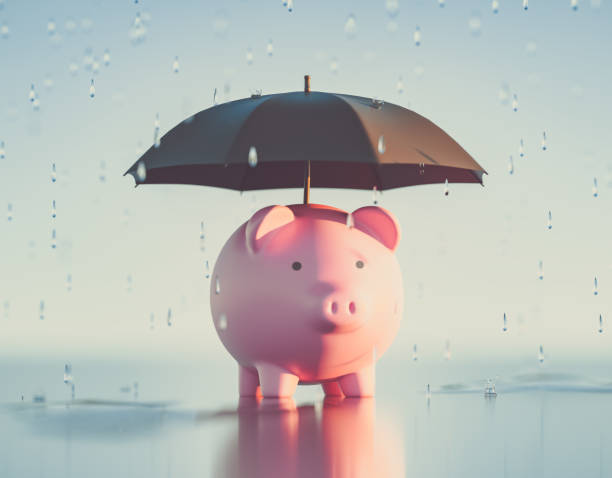
Are you tired of living paycheck to paycheck, burdened by debt? You’re not alone. Millions of Nigerians face similar challenges, but there is hope for a brighter financial future. This article will explore eight practical ways to escape the debt cycle and start building a stronger financial foundation.
Understanding Debt
Debt is a common burden that many Nigerians face. It often hinders financial progress and causes stress and uncertainty. But what exactly is debt?
In simple terms, debt is money borrowed with the promise to repay it later, usually with interest. It can come in various forms, including credit card debt, personal loans, mortgages, and car loans. While taking on debt may seem necessary at times, it can quickly spiral out of control if not managed properly. In this section, we’ll delve deeper into the types of debt and their impact on your financial health.
Understanding debt is the first step towards breaking free from its grasp and achieving true financial freedom. Let’s explore further.
How Does Debts Work
When you borrow money, you enter into a contractual agreement with the lender, agreeing to repay the borrowed amount plus any interest accrued over a specified period. The terms of the debt, including the interest rate, repayment period, and payment schedule, are outlined in the loan agreement.
Interest is the cost of borrowing money and is typically expressed as a percentage of the principal loan amount. Understanding how interest works is important, as it can significantly impact the total amount repaid over time. The longer it takes to repay the debt, the more interest you’ll pay.
8 Steps to Break Away From Debt
1. Face the Music: Take a Debt Inventory
Know your debt, and kill your debt!
Before tackling your debt, you need to understand the scope of the problem. Gather all your financial documents, including credit card statements, loan papers, and bills. List every debt, including the balance, interest rate, and minimum payment. This will give you a clear picture of your debt landscape.
Understanding your debt is the first step towards taking control of your finances. You can develop a plan to tackle your debts effectively by facing your financial situation.
2. Create a Budget That Actually Works
A budget is not a restriction; it’s a tool for freedom. By prioritizing your spending and allocating your income wisely, you can free up more money to tackle your debt. Start by categorizing your expenses into needs (housing, food, utilities) and wants (entertainment, hobbies). Cut back on unnecessary expenses and redirect that money towards your debt.
Creating a budget that aligns with your financial goals is essential for long-term success. Track your spending, identify areas where you can cut back, and allocate those savings towards paying off your debts.
Read: A Simple Guide to Personal Budgeting
3. Snowball Your Debt: Start Small, Win Big

The debt snowball method is a powerful strategy for paying off debt. Start by paying off the debt with the smallest balance while making minimum payments on the rest. Once the smallest debt is paid off, roll that payment into the next smallest debt. This creates momentum and helps you stay motivated as you see progress quickly.
4. Avalanche Your Debt: Cut Your Losses
Consider the debt avalanche method if you’re more interested in saving money on interest. This involves paying off debts with the highest interest rates first while making minimum payments on the rest. This approach can save you the most money in interest over time and help you become debt-free faster.
5. Consolidate Your Debt: Merge and Conquer
If you have multiple debts with high interest rates, consider consolidating them into a single loan with a lower interest rate. This can simplify your payments and save you money on interest. Be cautious – ensure the new loan terms are favourable and don’t extend the repayment period.
6. Negotiate with Your Creditors
Don’t be afraid to contact your creditors and explain your situation. They may be willing to work with you to temporarily suspend payments, reduce interest rates, or settle for a lump sum. Negotiating with your creditors can reduce your debt burden and build a stronger financial foundation.
Read: 8 ESSENTIAL MONEY MANAGEMENT TIPS
7. Cut Credit Card Expenses
Credit cards can be a significant obstacle to getting out of debt. Avoid using them altogether and focus on paying off the balances. Consider cancelling or downgrading your cards to avoid temptation and prevent further debt accumulation.
8. Save For Rainy Day

Finally, make sure you have a cushion in case of unexpected expenses. Aim to save 3-6 months’ living expenses in an easily accessible savings account. This will prevent you from going further into debt when unexpected costs arise and provide peace of mind knowing you have a financial safety net.
Getting out of debt takes time, discipline, and patience, but the payoff is worth it. By following these eight strategies, you’ll be well on your way to financial freedom. Remember to stay focused, stay committed, and celebrate your progress. You got this!
